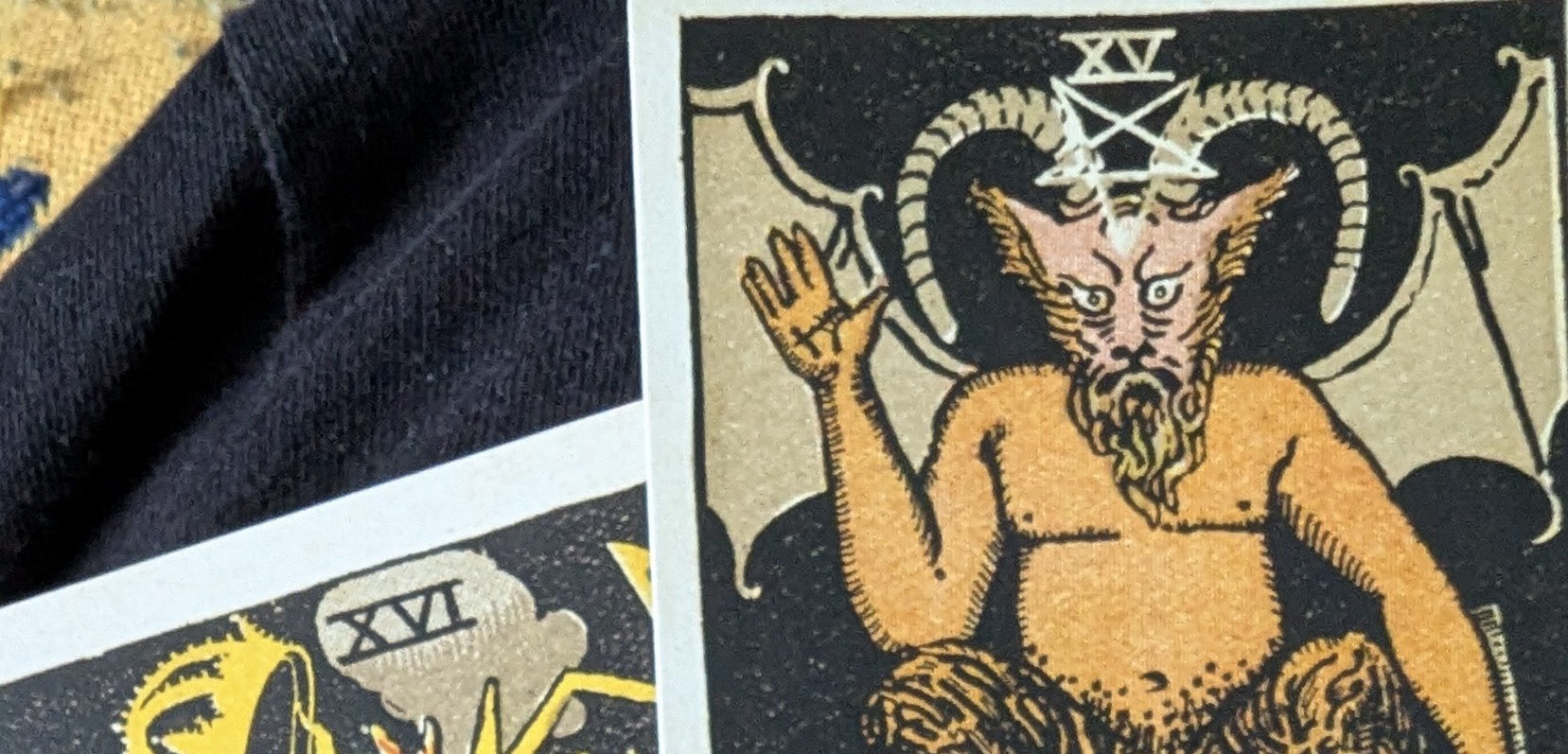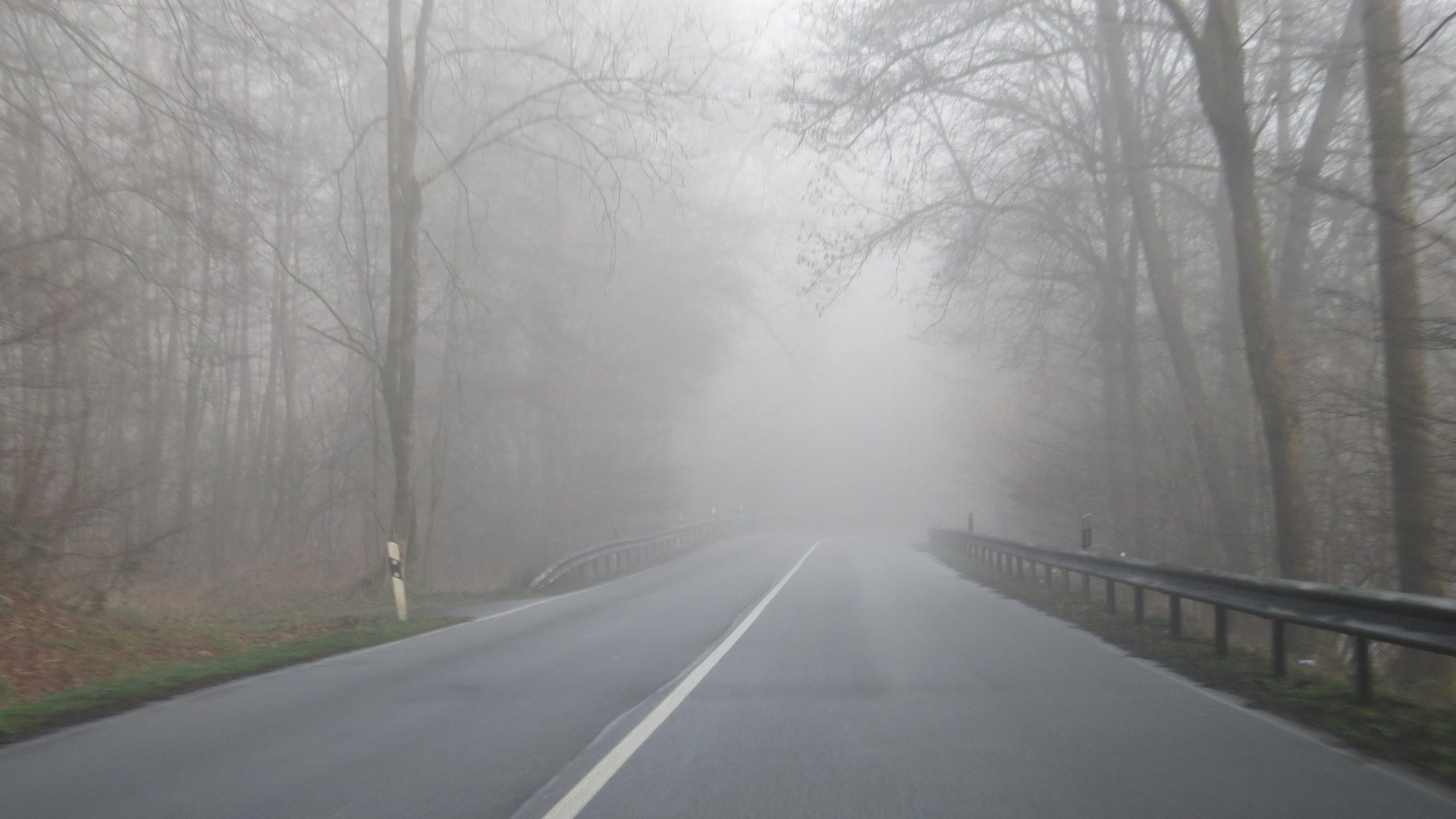When I started my journey into Rosicrucianism, I was made familiar with the concept of the terror of the threshold. It was brought up in the Neophyte degrees, as a warning that crossing the threshold into the inner chambers of the Order would be terrifying. A Dweller at the Threshold, or sometimes a Guardian of the Threshold would be there waiting for us, attempting to convince us not to proceed.
In modern Rosicrucian orders, this guardian is one of many roles played out in elaborate scripted rituals intended to create an atmosphere of magic for the postulant. The script requires the guardian to yield to the postulant; otherwise the ritual would end, and the postulant would not be admitted into the given grade.
However, because my own experience with Rosicrucianism has not yet involved a Temple or Lodge, and solely happens in my own private home sanctum, my understanding of thresholds as a concept has not had the benefit of elaborate plays and group study. Despite learning the material and advancing in the degrees, I had not internalized the importance of knowingly moving into another place.
As is always the case, what needs to be understood is understood, at the right time, and in the right place.
(more…)
